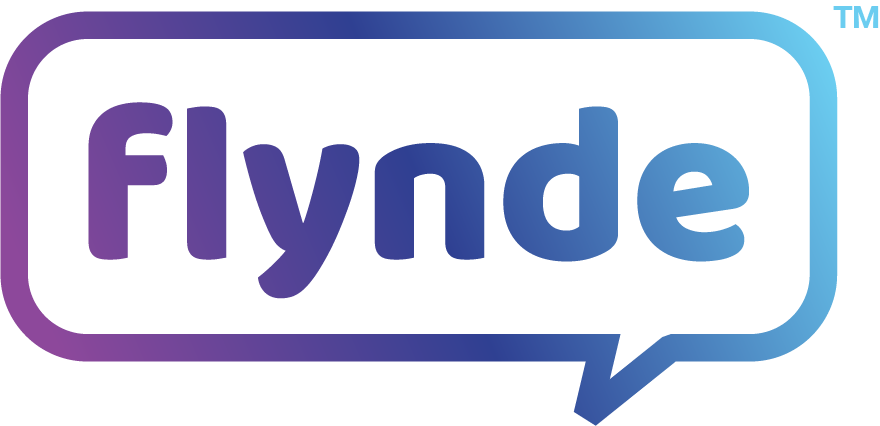3 Megatrends Shaping The World’s Business In 2025
The dawn of 2025 brings exciting technological advancements and policy changes that are reshaping established companies and emerging startups alike. As we enter the new year, several megatrends are poised to create unprecedented opportunities across the business landscape.
AI AND QUANTUM COMPUTING
AI has been a tremendous, if not the most significant, driving force for businesses in recent years. Since the launch of ChatGPT in November 2022, Generative AI (GenAI) has seen widespread adoption across numerous sectors worldwide. 2025 will be a pivotal year for AI: will the hype subside, or is the next big breakthrough just around the corner? Signs strongly point to the latter. According to The Economist, investment in AI centers from 2022 to 2027 is projected to surpass $1.4 trillion. However, this doesn’t necessarily reflect its level of integration within businesses. For instance, while approximately 78% of software engineers actively use ChatGPT, business subscriptions account for only 35% of OpenAI’s revenue.
The Economist aptly calls 2025 “a crunch time” for AI.
Source: ChannelVision Magazine
However, the next big leap in AI may come from a revolutionary partner: quantum computing. Conventionally, information is coded into bits as either zero OR one. At the quantum level, things work differently. A quantum bit, or qubit, can simultaneously exist as zero AND one. This shift enables quantum computing to handle complex problems with unmatched efficiency. Applications like enhanced image recognition, faster and more reliable pharmaceutical simulations, and energy-efficient AI training are just the beginning. According to Roland Berger, while technological gaps remain, the synergy between AI and quantum hardware could redefine the tech landscape.
SUSTAINABLE ENERGY GAINS MOMENTUM
In October 2024, China unveiled an ambitious renewable energy plan, targeting the consumption of 1 billion tons of standard coal equivalent (SCE) by 2025 and 5 billion by 2050. This strategic move is significant for a country that hosts two-thirds of the world’s solar and wind energy projects.
Solar energy remained the most produced eco-friendly energy source in 2024, according to Deloitte.
Source: Wikimedia Commons
China isn’t alone in leading this energy revolution. Deloitte predicts that 2025 will spotlight three transformative industries: cleantech manufacturing, AI, and carbon markets. Massive data centers powering AI tools, factories producing solar panels and batteries, and facilities removing carbon from the atmosphere are all opting for renewable energy. These industries aren’t just consuming clean energy—they’re revolutionizing their production and distribution. They are creating a virtuous cycle by reshoring manufacturing, optimizing processes with AI, and making renewable projects more financially viable. Yet, the race to scale clean energy capacity to meet skyrocketing demand remains challenging.
On the consumption side, the circular economy will gain broader adoption in 2025. Expect more eco-friendly packaging in your shopping cart and significantly less single-use plastic. Businesses also accelerate investments in nature-based solutions (NbS), such as ecosystem restoration and conservation projects. Sustainability Magazine projects annual investments in NbS to reach $384 billion by 2025, more than doubling the current $154 billion.
THE HYBRID WORK DEBATE CONTINUES
The COVID-19 pandemic redefined our understanding of work, proving that remote work isn’t just possible—it’s often advantageous. In this post-pandemic era, hybrid work has evolved from a necessity into a preference, becoming deeply embedded in professional life. Recent research by Adecco reveals that 25% of employees now have flexible hours, while 30% consider remote work options a deal-breaker when job hunting. This flexibility has become a critical tool for attracting talent across generations and fostering better work-life balance, especially in the UK.
However, not all sectors have embraced this shift. Some industries remain resistant to flexible arrangements. As 2025 approaches, the debate over hybrid work continues, marked by high-profile resistance from figures like Elon Musk and ongoing government policy reviews. This debate highlights a broader challenge: balancing workplace flexibility's proven benefits with traditional business models and operational demands.
A YEAR OF OPPORTUNITIES AND CHALLENGES
2025 promises to be a year of surprises for businesses worldwide. Amid unpredictable shifts in global political, economic, and social landscapes, these megatrends will serve as critical indicators for companies navigating the path forward. Yet, as with any new year, hidden wildcards await, ready to test even the most astute and resilient players.
About the Author
Bert Nguyen is a Copywriter with Flynde, a global company specializing in translation solutions for businesses of all sizes.
Discover the best-in-class translation solutions for your business. Trusted & certified for all languages with locations in Australia, Singapore, Switzerland & the USA. Flynde takes human translation strategies and uses advanced technologies to deliver them to our customers across our three business lines: Flynde for startups, Flynde for small businesses, and Flynde for corporations.
For more information, contact us at hello@flynde.com



